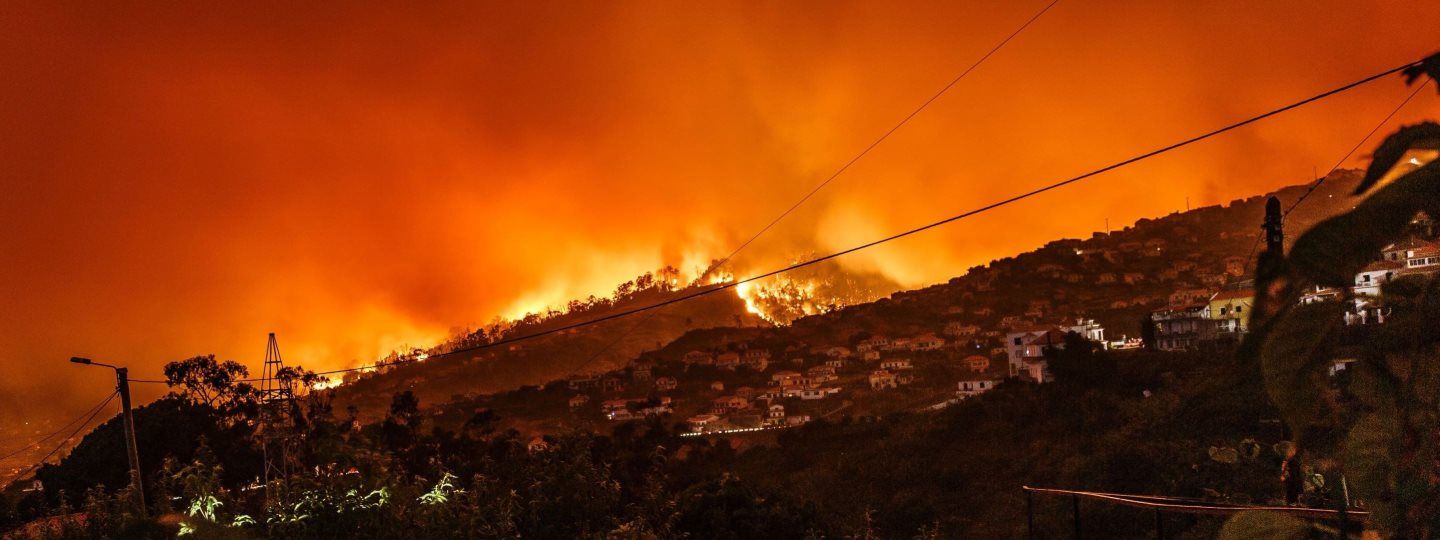Recommendations for the Maui Wildfires Emergency Response

On Tuesday, August 8th, massive wildfires spread rapidly across Maui and the Big Island of Hawai’i in what could be the largest natural disaster in Hawai’i’s history. The fires were fueled by dry conditions and high winds from Hurricane Dora as it passed offshore. As of Friday morning, loss of life is already significant and expected to rise, and countless people are homeless. There is currently no electricity or water access on Maui’s west side and outages could last for weeks.
The hardest hit area is Lahaina, a popular tourist destination that is the primary economic driver for Maui. Lahaina was also the capital of the Kingdom of Hawai’i for 25 years and the burial home to many Hawai’ian ali’i (chiefs). Thousands of historic and cultural structures, homes, and businesses have been destroyed with eyewitnesses reporting that Lahaina looks “like a war zone.”
Prior to the wildfires, Hawai’i already faced many deep-rooted issues that disproportionately affect Native Hawai’ians and the local working class, such as lack of affordable housing, high costs of living, and income inequality. Philanthropists have an opportunity to fund both emergency response needs and critical, long-term recovery efforts.
During emergency response and recovery efforts, monetary donations to well-mobilized nonprofits make an immediate difference. All recommendations are vetted by our team and have the infrastructure to accept a high volume of donations from individuals, foundations, and donor-advised funds.
Emergency Response Recommendations
- Hawai’i Community Foundation’s Maui Strong Disaster Relief Fund is providing resources that can be deployed quickly with a focus on rapid response and recovery efforts. The foundation is working in close collaboration with state and county leaders, nonprofits, businesses, and philanthropists to clearly understand and prioritize the needs of the community, such as shelter, food, financial assistance, and other critical services.
- Kākoʻo Maui campaign, organized by the Council of Native Hawai’ian Advancement, is rapidly raising emergency funds through a $1,000,000 matching campaign. 100% of donations will support relief efforts led by Maui organizations. Email hwf@hawaiiancouncil.org for more information about the campaign.
- Maui Mutual Aid Fund is a grassroots, volunteer-run group working on the ground to assist vulnerable residents in need, such as Kupuna (elderly), people with disabilities, renters, and the uninsured. The group is helping locate family members and friends, and rapidly distributing emergency supplies in a neighbor-to-neighbor way. The group is sharing up-to-date information on Instagram and use their Facebook page as a community board.
- Maui Food Bank is working on-the-ground to collect and distribute emergency food supplies to affected communities and coordinate disaster response volunteers.
- American Red Cross of Hawai’i is providing free shelter, food, and supplies for anyone in need—no identification required. Over 150 additional trained Red Cross responders are en-route to support relief operations in Hawai’i.
- First Responders Support Network (FRSN) supports the mental health of first responders and their families through post-trauma retreats and other services. Around thirty percent of firefighters in Maui have lost their homes, in addition to losing family members, neighbors and friends, as they work to save the lives of others.
Long-term Recovery Recommendations
- Maui Community Power Recovery Fund is supporting relief efforts to house, feed, and support displaced families, and provide dedicated resources for long-term recovery efforts. Their organizing and relief partners are experienced at advocating for local communities, whose progress has long been held back by outsider special interest groups who are likely to seek profits as Maui rebuilds.
- Hawai’i People’s Fund’s Maui Aloha: The People’s Response is mobilizing fire relief funds to move kōkua (donations in the spirit of kindness) to trusted community organizers and organizations on the ground.
- Center for Disaster Philanthropy’s Hawai’i Wildfires Recovery Fund supports equitable recovery efforts led by local organizations and addresses gaps that emerge after the initial emergency response has passed.